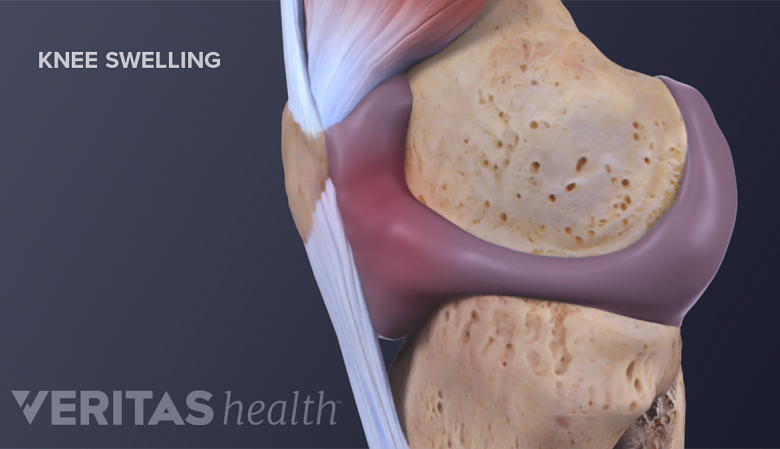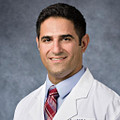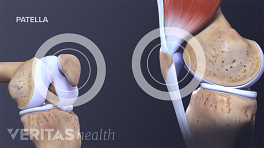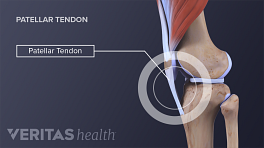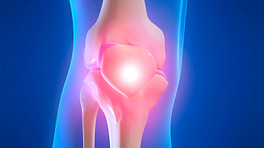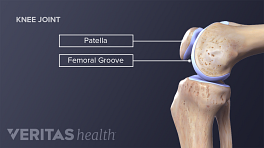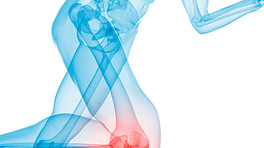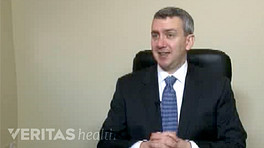There are several possible underlying causes of runner’s knee, and because of this variety its symptoms can vary. Some symptoms are relatively common. Other symptoms are a result of an underlying knee condition.
Knee swelling is a primary symptom of a runner's knee.
In This Article:
- What You Need to Know About Runner’s Knee
- Symptoms of Runner’s Knee
- Diagnosing Runner’s Knee
- Treatment of Runner’s Knee
Primary symptoms of runner’s knee may include:
- Pain in the front of the knee. Misalignment of the femoral groove and the patella may cause pain around the front of the knee or the sides of the kneecap. A person may feel an ache when at rest and a worse and/or sharp pain when using the knee.
- Knee crepitus. Certain movements may cause a grinding or crunching sensation within the knee, known as knee crepitus. This symptom commonly occurs after periods of extended rest, such as when getting out of bed in the morning. Crepitus may lessen or go away during use.
- Pain worsens when moving. Individuals with runner’s knee will often experience pain, excess friction, or popping noises when they are moving upward or downward, such as squatting abruptly from a standing position or walking up hills or stairs. This pain will usually manifest as an ache and lessen when activity ceases.
- Knee swelling. Though not unique to runner’s knee, swelling of the front of the knee may occur, signaling inflammation. This swelling may result in limited mobility, as well as increased soreness in many cases. Knee swelling is also known as “water on the knee.”
- Stiffness after rest. Individuals with runner’s knee may find that extended periods of having the knee bent, such as riding in a car or sitting at a desk, lead to increased stiffness and exacerbated pain symptoms.
In general, runner’s knee involves some degree of pain that will typically be exacerbated during activity. Swelling and stiffness may vary in relation to activity intensity and rest duration.
Medical care is recommended with a sports medicine physician if symptoms persist for more than two weeks.
